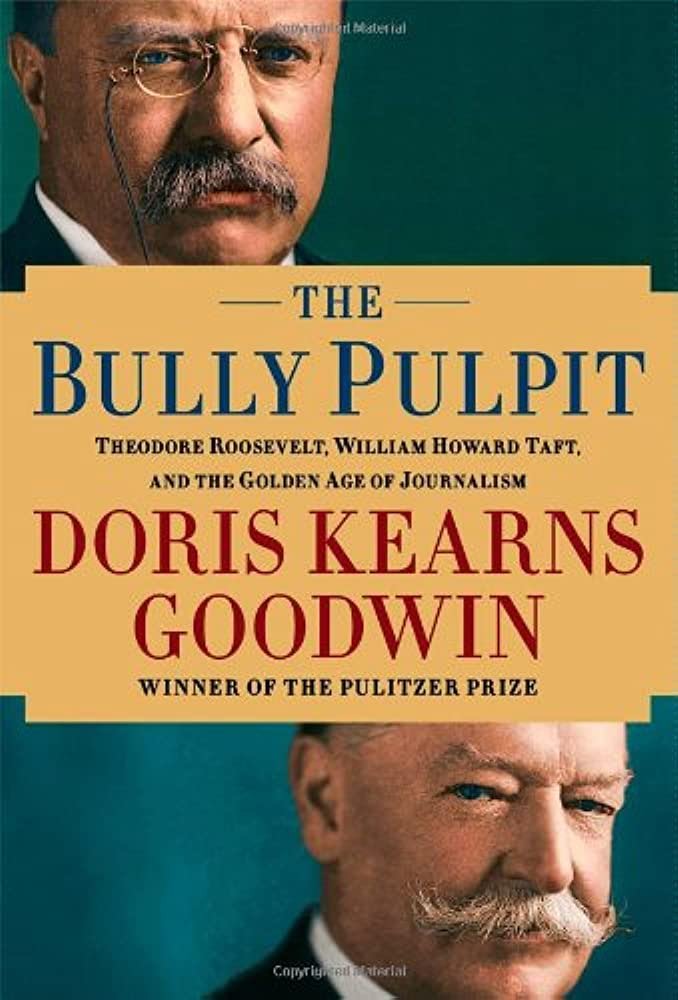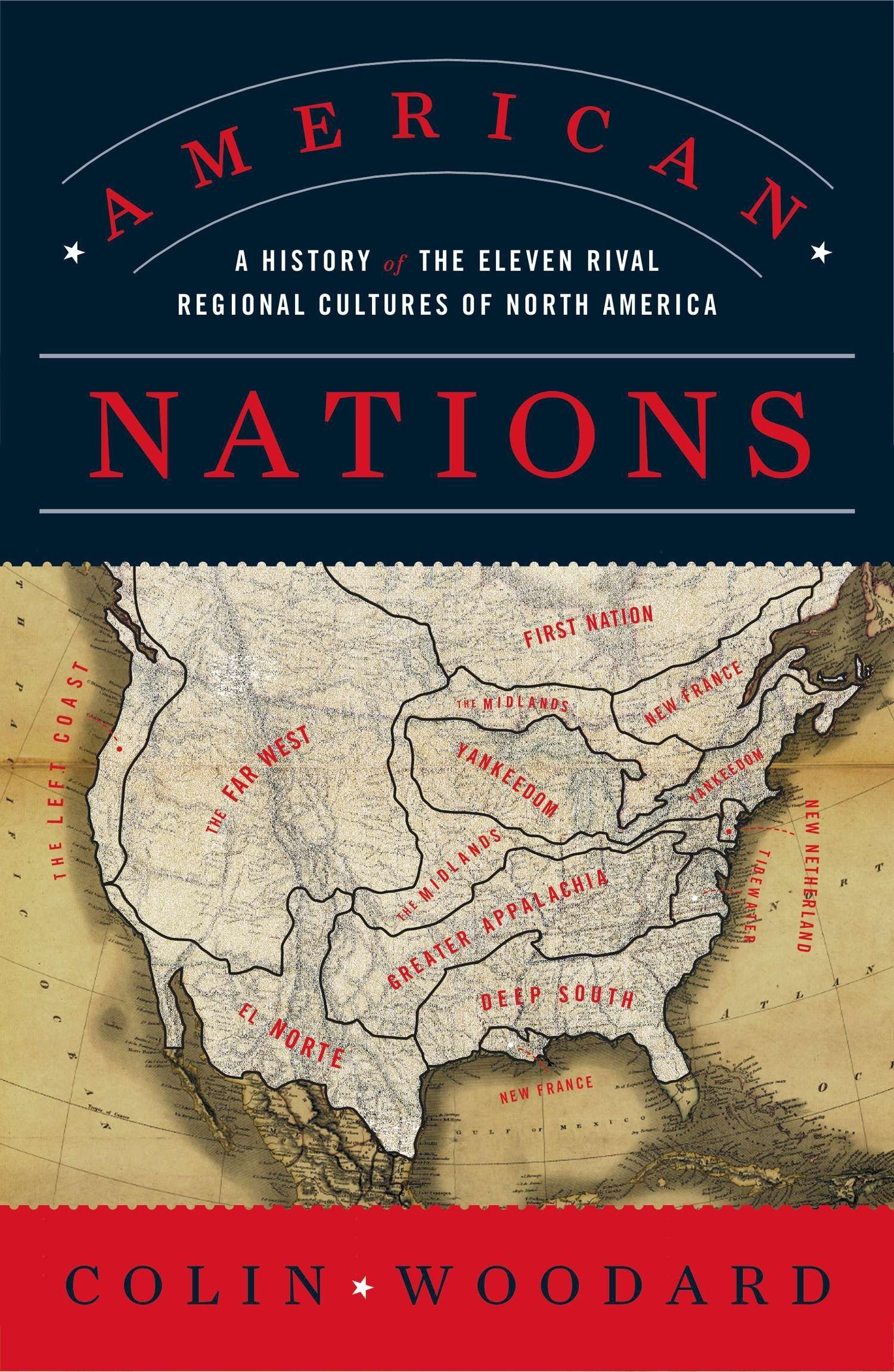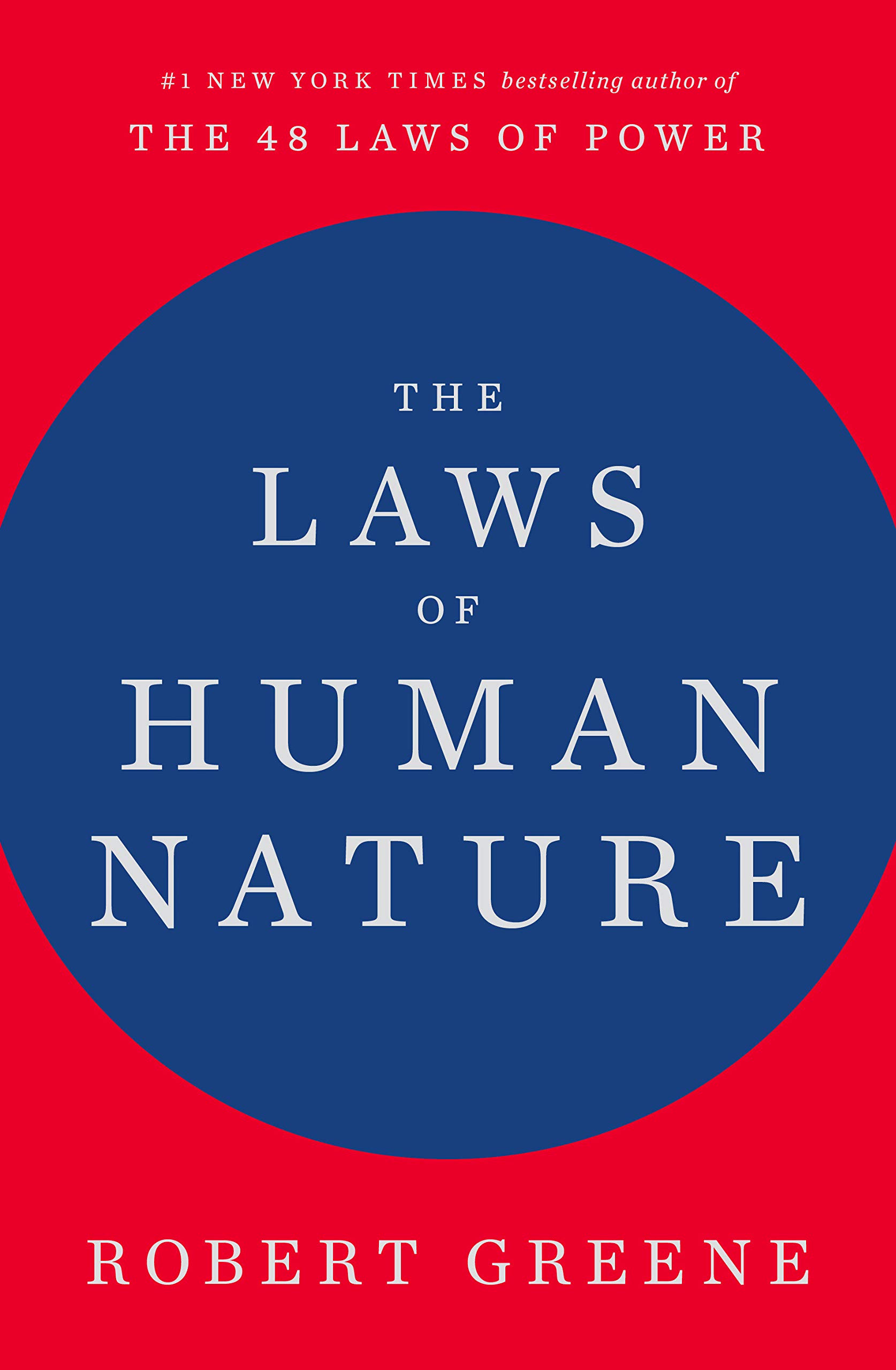The Bully Pulpit by Doris Kearns Goodwin
Date read: 2/10/23. Recommendation: 8/10.
The story of a remarkable friendship between Theodore Roosevelt and William Howard Taft, the way it built up each man, and eventually tore them both down. Goodwill details their upbringing, the events that shaped their lives, and how they came to navigate their political careers. She also discusses the backdrop of the Progressive era where a new vision for the relationship between the government and the people under Roosevelt’s leadership started to set in. I read this mainly for context on Roosevelt so my notes reflect a narrow perspective. But the entire book is captivating and worthy of its Pulitzer Prize.
See my notes below or Amazon for details and reviews.
My Notes:
Reform:
End of Roosevelt’s tenure, mood of reform swept the country, creating a new kind of presidency. Anti-trust suits had been won and legislation passed to regulate railroads, strengthen labor rights, curb political corruption, end corporate campaign contributions, impose limits on the working day, protect consumers from unsafe foods and drugs, and conserve vast swaths of natural resources for the American people.
“Roosevelt would focus the charge of a national movement to apply an ethical framework, through government action, to the untrammeled growth of modern America.” DKG
Square Deal had awakened the country to the need for government action to allay problems caused by industrialization.
Friendship between Taft and Roosevelt:
Lifelong, mutually beneficial friendship. No man Roosevelt trusted more to carry out his legacy of active moral leadership and progressive reform.
Initial foray into politics:
When he began inquiring about the local Republican organization, friends and family warned him that district politics were low and the world of saloon-keepers and horse-car conductors. Rough and brutal men. Started attending monthly meetings. Grew close with Joe Murray, thickset, red-haired Irish boss. Roosevelt later credited him with launching his political career.
Murray determined that the incumbent Republican assemblyman for the Twenty-first District could not hold his seat in the fall elections in 1881, having been linked to corruption, surprised his compatriots by nominating the 23-year-old Roosevelt. TR was elected as the youngest member of the New York State Assembly. Less than two decades later he would become the youngest president in the history of the United States.
“His three terms in the New York State Assembly had provided Roosevelt with considerable reason for pride and satisfaction in his accomplishments. He had led the fight against Judge Westbrook and had been instrumental in the passage of both the cigar bill and civil service reform…” DKG
“The assembly had proved a great school for Roosevelt. He had learned to cooperate with colleagues far removed from his patrician background…” DKG
“He fought with gusto against fraud and corruption, delivering speeches studded with bold and original turns of phrase.” DKG
Tragedy:
After Roosevelt’s mother and wife passed away on the same day, he was in a dazed, stunned state. Then he decided (as he learned from his father’s death), that frantic activity was the only way to keep sorrow at bay. But he was a changed man, there was a sadness about his face that he never had before.
Systematically suppressed his wife’s memory, failed to even recognize Alice (his first wife and widow) in his autobiography.
Returning to Albany: Upon his return, he immersed himself in long hours of work and daily sessions. The camaraderie of his fellow legislators helped mitigate his misery. In the weeks that followed he led a torrent of dramatic investigations and eventually nine reform bills were reported to the floor.
Civil Service Commissioner:
“For sixty years, politicians in both parties had been complicit in a spoils system where officials (postal carriers, typists, stenographers, and clerks) were appointed, promoted, or fired according to their politics rather than their merit.” DKG
From the start, Roosevelt understood that public opinion was the best way to hold party leaders in the cabinet and in the Congress accountable.
In order to change the average citizen’s attitude toward the spot system and current way of business, he had to instill his own outrage into the public…to popularize the reformist cause and initiate change from the bottom up.
Within his first few weeks, he initiated an investigation into the New York Customs House where he found that clerks were leaking examination questions to favored party candidates for a fee. Issued a scathing report demanding the dismissal and prosecution of guilty clerks. This early action served as notice that civil service law was going to be enforced without fear or favor.
Leveraged a network of progressive journalists and editors to point out infractions of the law in their localities.
Found that Indianapolis Postmaster, William Wallace, had made a number of irregular appointments that violated civil service standards. Exposed this in the newspaper and it chastened Wallace to change. Within a couple of years his administration was deemed a model of fairness and justice.
“Roosevelt seemed to feel that everything ought to be done before sundown.” President Harrison, dared not remove Roosevelt despite the feathers he ruffled because he had the influential newspapers supporting him and the public behind his cause of violations of the civil service law.
“He isn’t afraid of the newspapers, he isn’t afraid of losing his place, and he is always ready for a fight. He keeps civil-service reform before the good people and as the case often is, his aggressiveness is a great factor in a good cause.” The Boston Evening News
When Grover Cleveland was elected asked Roosevelt to stay at his post for another year or two despite not being in the same political party. Theodore got along better with Cleveland than he had with Harrison. Cleveland trusted his even hand.
New York Police Commissioner:
Showmanship: As he approached his new headquarters at 300 Mulberry Street in the heart of Little Italy, he energetically greeted the reported as he sprinted up the stairs, and signaled for everyone to follow as he asked where the offices were and what they should do first.
He was appointed president of the four-man board and drove the other board members crazy.
Two sides of his role as police commissioner: 1) daily work of managing the police department, 2) the opportunity to use his position, which encompassed membership on the health board, to make the city a better place to live and work for those whom the conditions of life and labor were hardest.
Corruption: Found new police recruits were forced to pay Tammany a fixed fee for their appointments. The fee was well beyond the means of most, but officers understood they would make the money back with plenty to spare over time. Superintendent Tom Bynes had amassed a fortune of $350k, while his chief inspector Alec Williams could not explain the unusual size of his bank account when forced to testify.
At his first press conference, Roosevelt announced that appointments and promotions would be based on merit alone moving forward. The police force had heard something similar before, but soon felt the weight of Roosevelt’s pledge. Within three weeks he forced Superintendent Bynes and Alec Williams to resign. He would spare no one in his campaign to root out corruption.
Roosevelt accompanied reporters on a series of unannounced inspections between midnight and sunrise to determine whether officers were doing their jobs. If he found an officer patrolling his beat and doing a satisfactory job, he would pat him on the back. If he found someone sleeping or slacking off, he would summon them to appear before him the next morning.
Predawn missions attracted press attention across the country. Roosevelt found them to be great fun but they meant he would go up to forty hours without sleep at a time.
Sunday Law: passed by state legislature four decades earlier to satisfy rural constituents. No one took it seriously, but it warped into a massive vehicle of police and political blackmail and extortion. Saloons could stay open on Sundays as long as they made monthly payments to police and politicians. Roosevelt enforced the law but pissed off the public who later led a giant protest of some 150,000 people in NYC. Roosevelt attended and the crowd ended up cheering his good humor and the way he poked fun at himself. As November 1895 elections approached, Roosevelt stood his ground. His unpopular stance ushered in a democratic wave of votes, Republican bosses were livid at Roosevelt, blaming him for his uncompromising policy.
1896 presidential contest between McKinley and Brian gave Roosevelt a path out and a way to earn the good favor of the Republican bosses once more. Traveled through the state and country to stump for the Republican nominee. Lent his energetic voice to McKinley’s campaign—represented his best hope for regaining the confidence of the Republican bosses. Gave all his time, energy, and ability to the work of the campaign. McKinley’s victory helped him get appointed as assistant secretary of the Navy, providing a graceful exit from his post as police commissioner.
Time as police commissioner had deepened and broadened his outlook on social and economic issues.
Assistant Secretary of the Navy:
McKinley appointed him as Assistant to John Davis Long because he thought Roosevelt was too eager for war.
As tension with Spain escalated in Cuba, Roosevelt did everything he could to prepare the U.S. Navy for war. Ordered the purchase of guns, ammunition, supplies, created war plans, scheduled additional gunnery drills, stocked distant supply stations with coal.
In January 1898, McKinley agreed to ration the battleship USS Maine in Havana Harbor as “an act of friendly courtesy” to the Cuban people. Resisted mounting pressure for intervention. Then on February 15th, the Maine exploded killing 262 Americans. The cause of the explosion was never determined with certainty, but the blame was affixed to the Spaniards.
Lieutenant colonel:
The country moved towards war with Spain in 1898, Roosevelt could not pass up the opportunity to go to Cuba and test himself on the field of battle.
Acted as lieutenant colonel under his friend Leonard Wood.
“The press found the story of the so-called Rough Riders irresistible from the start—a volunteer regiment in which cowboys, miners, and hunters served on an equal footing with Ivy League graduates, Somerset Club members, polo players, tennis champions, and prominent yachtsmen.” DKG
“Up and up they went in the face of death, men dropping from the ranks at every step. The Rough Riders acted like veterans. It was an inspiring sight and an awful one…Roosevelt sat erect on his horse, holding his sword and shouting for his men to follow him until they gained the summit at last.”
Spanish surrendered thirteen days later, by the middle of August, four months after the war began. Roosevelt and his Rough Riders were on their way to a triumphal homecoming.
Governor of New York:
Inaugurated as governor of New York on January 2, 1899 in Albany.
Relentless work ethic: He was unlike any governor New York had known. Arrived in the office well before the usual hour of 9am, sorting through hundreds of letters that arrived each morning. At 10am started his official day, spending an hour with assemblymen and senators, followed by rapid-fire meetings with political delegations, members of his administration, and individual petitioners. Returned home somewhere around 5-7pm. Evening hours were set apart for his literary work, socializing, reading, and spending time with his family.
Vice President:
Roosevelt was horrified at the thought of spending four years as VP. “His friends were in despair, his enemies triumphed. At last they had him where they wanted him.” Jacob Riis









